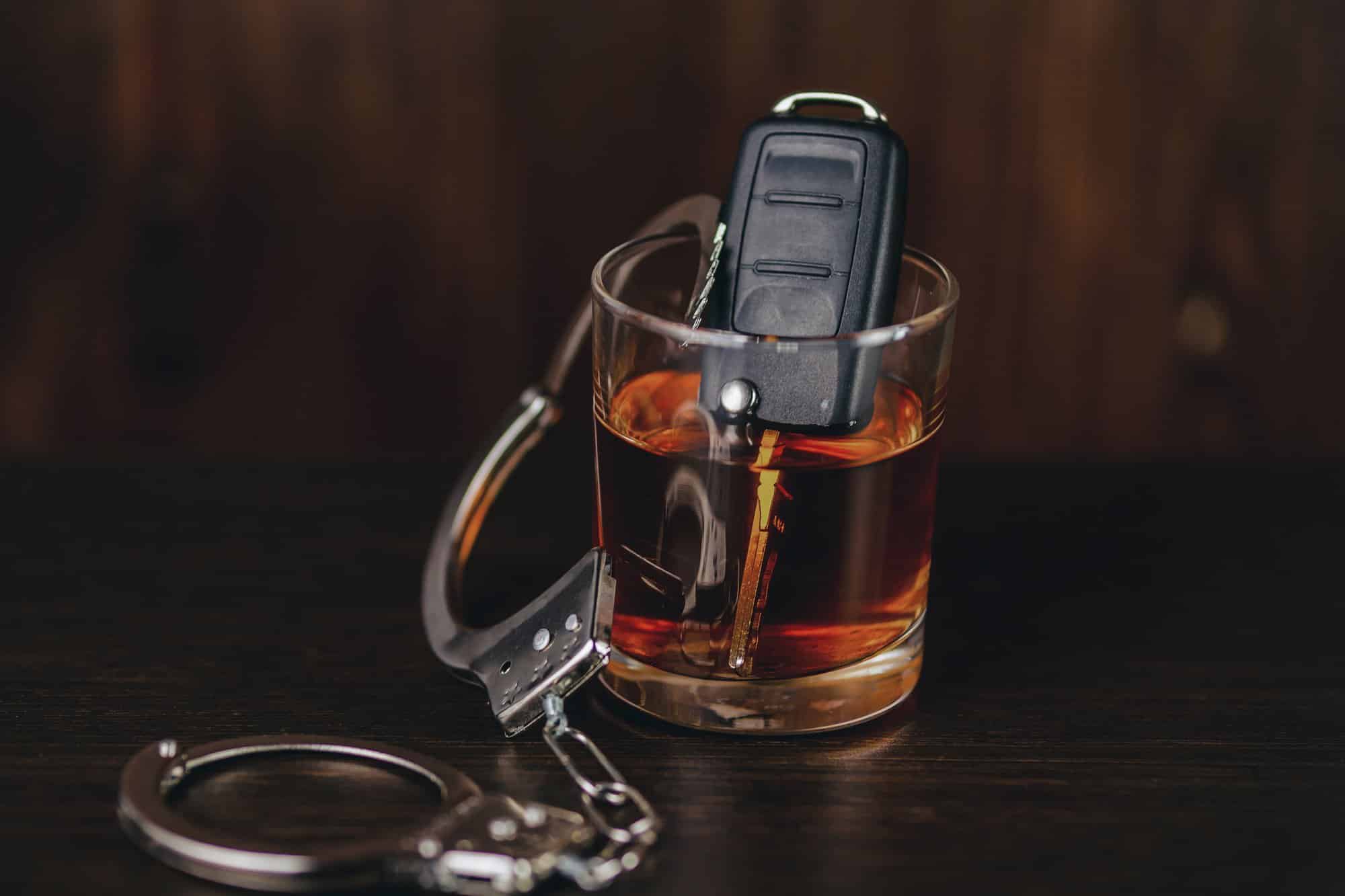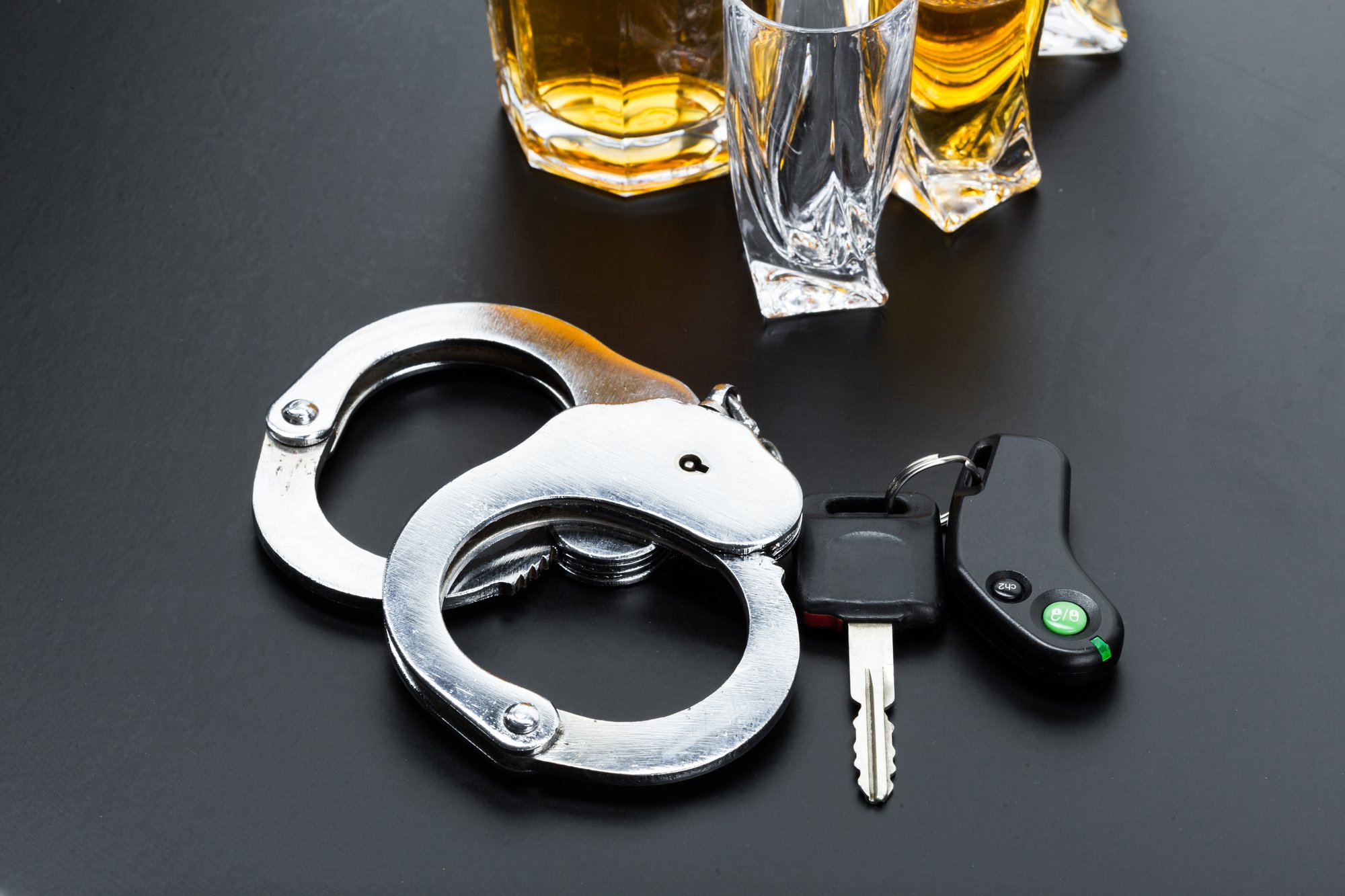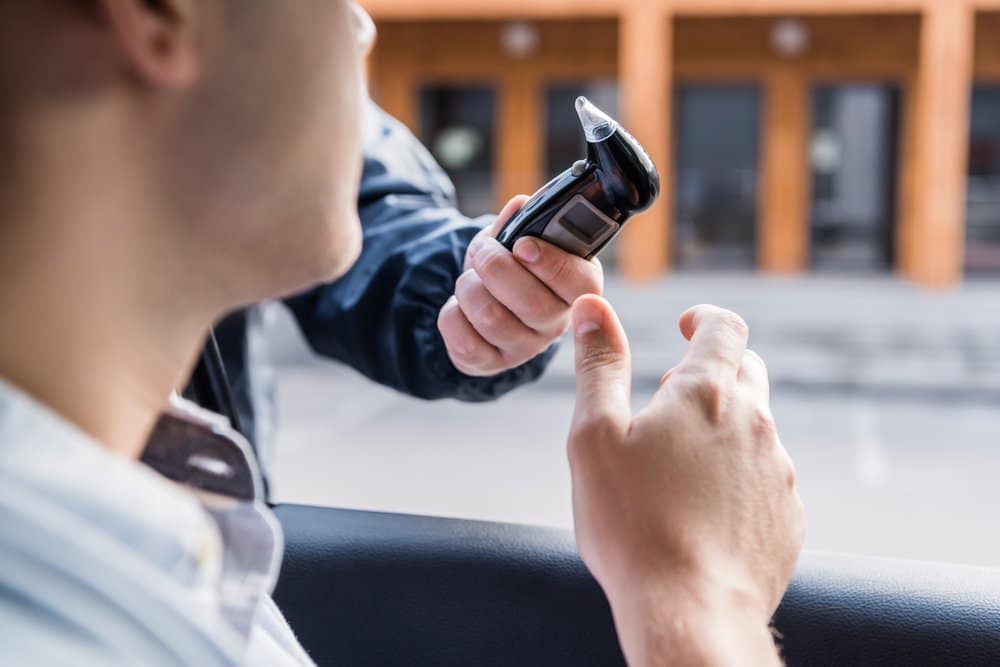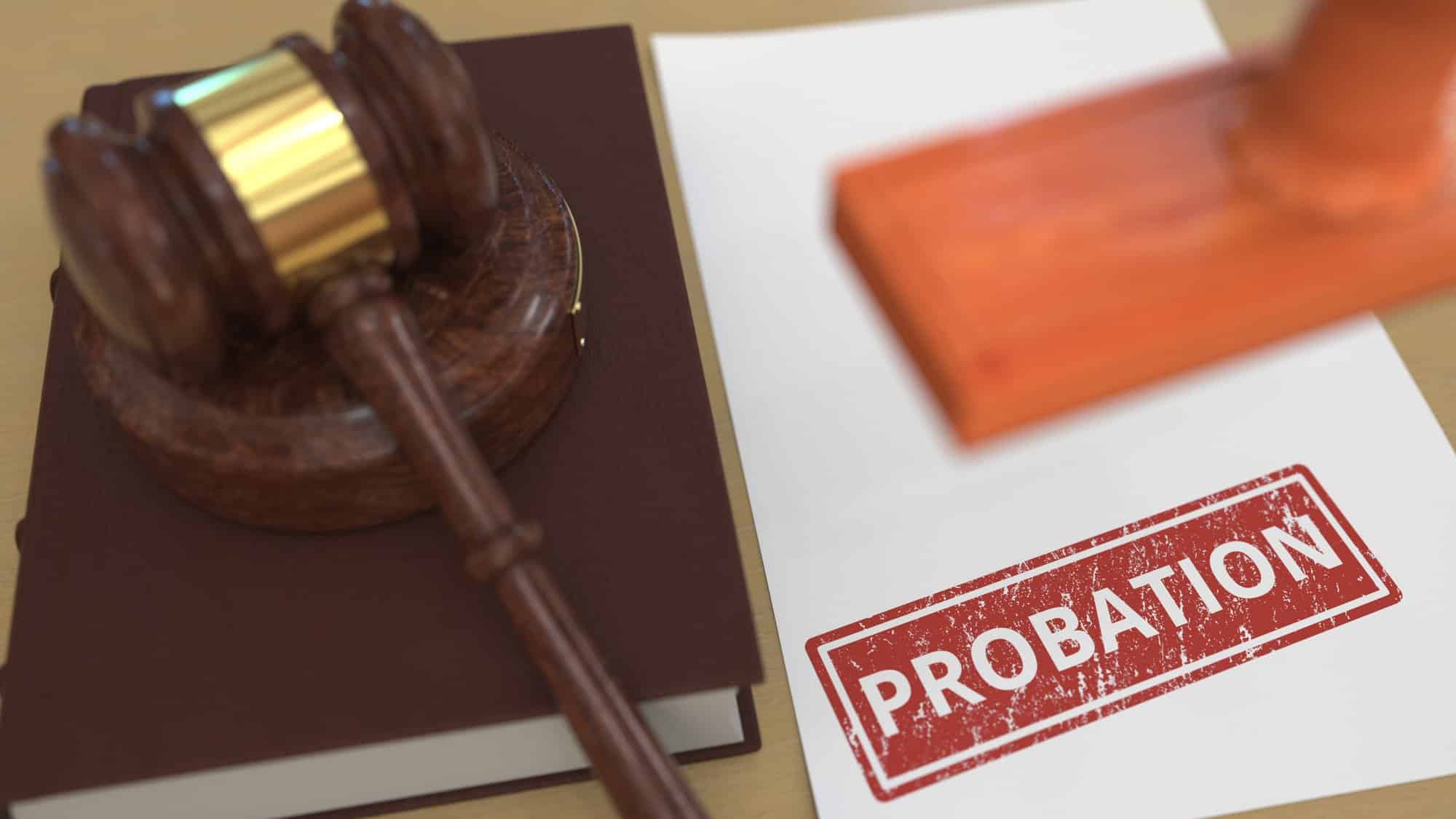Drug selling and possession offenses are two categories of narcotics crimes that are prosecuted aggressively in New York. While drug possession involves holding a controlled substance for personal use, the criminal sale of a controlled substance refers to selling, exchanging, or giving away of a narcotic. Significantly, having the “intent” to sell drugs without carrying out a sale is also a crime under the Penal Law. It’s important to understand the difference between each crime if you’re facing drug charges.
What is the Crime of Drug Possession?
Drug possession crimes involve the actual or constructive possession of any controlled substance, such as cocaine, heroin, methamphetamines, illegally obtained prescription drugs, and various other narcotics. The penalties for possessing a controlled substance can range in severity, depending on the amount of drug in a person’s possession and the type of drug possessed. Specifically, drug possession can be charged as either a felony or misdemeanor, based on the facts of the case.
The penalties for drug possession range from a $1,000 fine and one year in jail for a Class A misdemeanor to a $100,000 fine and 20 years in jail for a Class A-1 felony. Enhanced penalties can be imposed on individuals who have been convicted of previous drug crimes. In some cases, probation may be ordered instead of, or in addition to, incarceration. A court may also order participation in a rehabilitation program.
What is Criminal Sale of a Controlled Substance?
Criminal sale of a controlled substance is a more serious offense than drug possession. These crimes involve knowingly selling, exchanging, giving, or disposing of drugs to another — and are always charged as felonies. Critically, “sell” can also include an offer or agreement to sell, even if a sale does not occur, provided the defendant had the intent and ability to carry out the sale.
The penalties for criminal sale of a controlled substance can vary depending on the type of drug and amount. For example, criminal sale of a controlled substance in the first degree (a Class A-1 felony) involves the sale of narcotics in the amount of two ounces or more, or 2,880 milligrams or more of methadone. Criminal sale of a controlled substance in the fifth degree is the least serious of the crimes related to the sale of drugs, and requires no minimum amount.
Distinguishing Possession and Intent to Sell
The elements associated with each drug crime are complex. It's essential to understand that the law distinguishes between the sale of drugs, the intent to sell, and narcotic possession. “Intent to sell” does not require that drugs were actually sold. Rather, it means the prosecution can establish that the defendant simply had the intention to sell them.
Notably, there are two drug possession offenses that also require intent to sell:
- Criminal possession of a controlled substance in the fifth degree — a Class D felony
- Criminal possession of a controlled substance in the third degree — a Class B felony
With these charges, the prosecution must prove beyond a reasonable doubt that the defendant 1) possessed a controlled substance and 2) it was their intent to sell it. Intent can be established with both direct and indirect evidence. If an individual has a large amount of drugs that are packaged in numerous baggies, this typically shows they are a seller of narcotics, rather than just a user.
Contact an Experienced New York Criminal Defense Attorney
Being convicted of a drug crime can have serious implications for your life and livelihood. It’s vital to have a criminal defense attorney by your side who can mount a strong defense and fight the charges against you. D’Emilia Law offers trusted representation and committed counsel for a wide range of criminal offenses, including those involving the sale and possession of controlled substances. To schedule a consultation, contact us at 1-888-DEMILIA.











